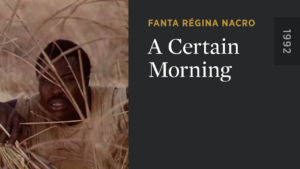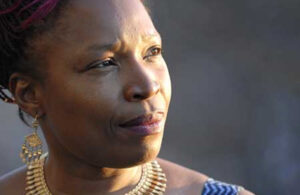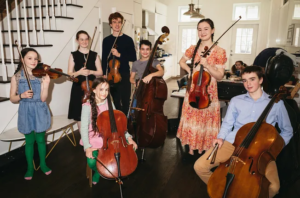The Open-Carry Question

Yesterday, in downtown Pasadena, I saw a fight break out between two Hispanic “parking enforcement” officers and a young Asian man. The young man, someone said, had flicked a lit cigarette at one of them after he found that his car had been ticketed.
The fight was short-lived. Three rounds at 30 seconds each. At one point, the official-looking duo had wrestled the aggressor to the ground. But lacking any apparent martial arts skills, they allowed him to wrestle himself up to a standing position, which allowed him to continue fighting.
Passersby stopped to watch. Someone from across the street was shouting. I wasn’t sure what he was saying, but he seemed to be rooting for the Asian kid. Closer to the action, people stood and watched, mute, trying to figure out what was going on or, like me, just observing. Two more rounds ensued, and then the brawl came to an uneventful end. The ticket police brushed themselves off and the kid walked away.
This morning, I read that last week at a Burger King drive-through in Ellenwood, GA, a customer who received the wrong sauce with his order barged into the restaurant and started beating people. A 16-year-old employee gunned him down.
All of it got me thinking. If California was an open-carry state, would that fight over a parking ticket have turned into a gun battle? If Georgia had more gun controls, would that sauce-crazed bully have escaped with his life?
These questions come to mind because Florida is about to become an open-carry state. Will that result in fewer crimes, as the NRA says? Or will it mean more shootouts at our fast-food restaurants?
I believe the rationale behind open-carry laws is that the presence of guns on hips will reduce the likelihood of violent confrontations. Reasonable people, seeing a gun on the hip of someone they have a problem with, will tend to talk it out, rather than get into a scuffle. But is that a fact? What does the evidence say about it?
More on this on Friday, after I’ve done some research.
 MarkFord
MarkFord














